H Eugene Stanley
Network resilience
Jul 26, 2020
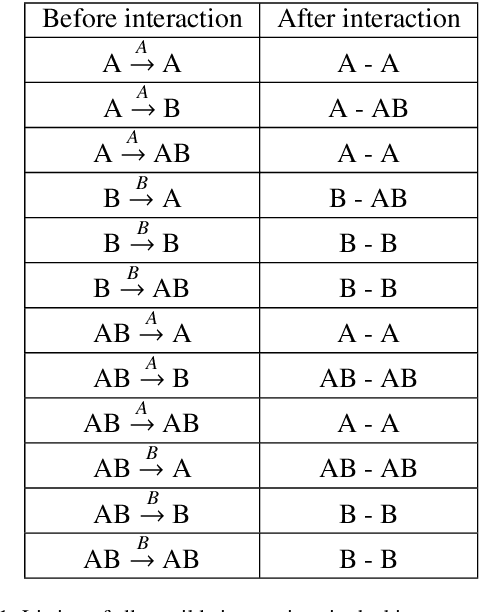


Abstract:Many systems on our planet are known to shift abruptly and irreversibly from one state to another when they are forced across a "tipping point," such as mass extinctions in ecological networks, cascading failures in infrastructure systems, and social convention changes in human and animal networks. Such a regime shift demonstrates a system's resilience that characterizes the ability of a system to adjust its activity to retain its basic functionality in the face of internal disturbances or external environmental changes. In the past 50 years, attention was almost exclusively given to low dimensional systems and calibration of their resilience functions and indicators of early warning signals without considerations for the interactions between the components. Only in recent years, taking advantages of the network theory and lavish real data sets, network scientists have directed their interest to the real-world complex networked multidimensional systems and their resilience function and early warning indicators. This report is devoted to a comprehensive review of resilience function and regime shift of complex systems in different domains, such as ecology, biology, social systems and infrastructure. We cover the related research about empirical observations, experimental studies, mathematical modeling, and theoretical analysis. We also discuss some ambiguous definitions, such as robustness, resilience, and stability.
Compressive Closeness in Networks
Jun 19, 2019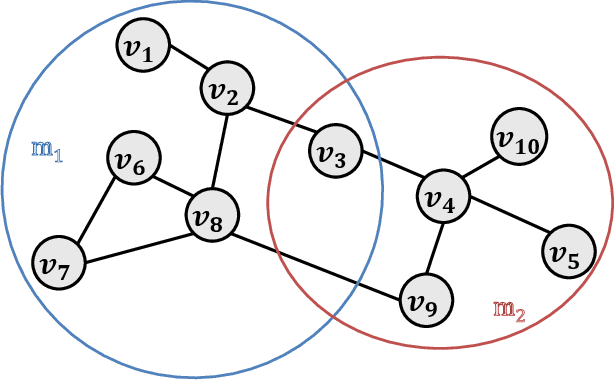
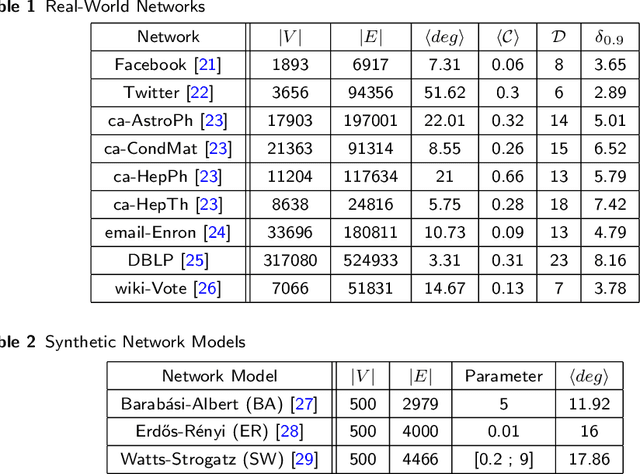
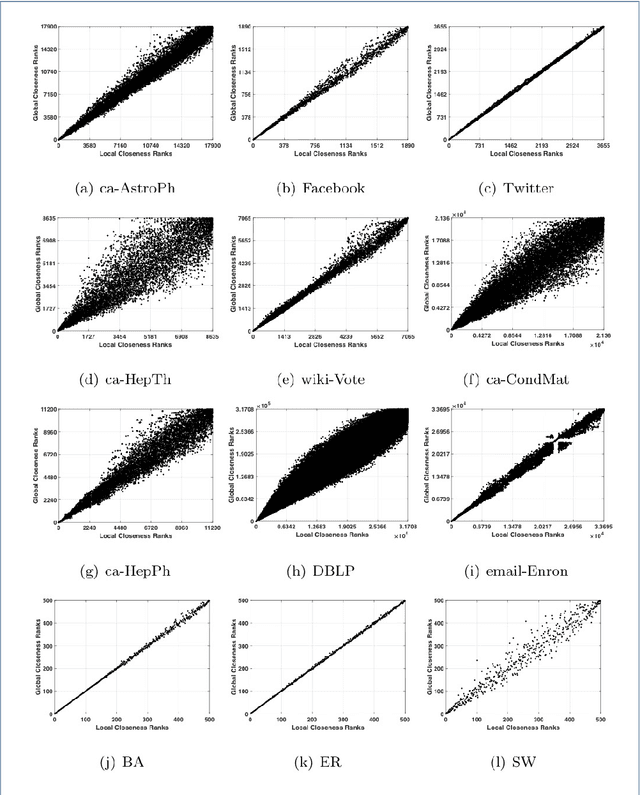
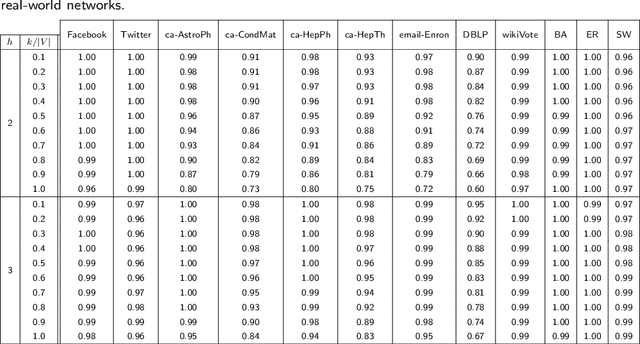
Abstract:Distributed algorithms for network science applications are of great importance due to today's large real-world networks. In such algorithms, a node is allowed only to have local interactions with its immediate neighbors. This is because the whole network topological structure is often unknown to each node. Recently, distributed detection of central nodes, concerning different notions of importance, within a network has received much attention. Closeness centrality is a prominent measure to evaluate the importance (influence) of nodes, based on their accessibility, in a given network. In this paper, first, we introduce a local (ego-centric) metric that correlates well with the global closeness centrality; however, it has very low computational complexity. Second, we propose a compressive sensing (CS)-based framework to accurately recover high closeness centrality nodes in the network utilizing the proposed local metric. Both ego-centric metric computation and its aggregation via CS are efficient and distributed, using only local interactions between neighboring nodes. Finally, we evaluate the performance of the proposed method through extensive experiments on various synthetic and real-world networks. The results show that the proposed local metric correlates with the global closeness centrality, better than the current local metrics. Moreover, the results demonstrate that the proposed CS-based method outperforms the state-of-the-art methods with notable improvement.
 Add to Chrome
Add to Chrome Add to Firefox
Add to Firefox Add to Edge
Add to Edge